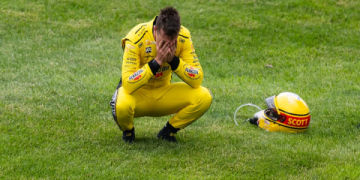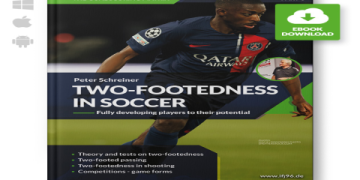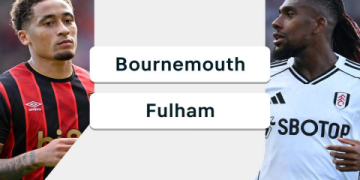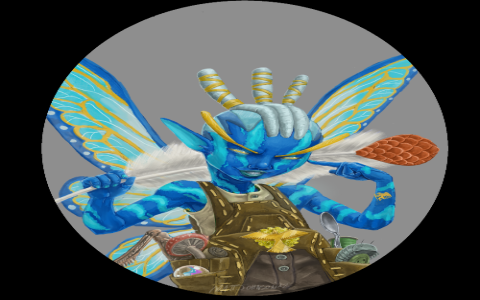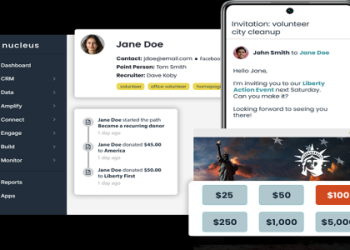My Journey Figuring Out D&D Campaign Flavors
Alright, let’s talk about the different ways a Dungeons & Dragons game can feel. When I first started playing, way back when, I didn’t really think about ‘types’ of campaigns. We just… played. Usually, it involved kicking down a door, fighting whatever was behind it, and grabbing the loot. Simple stuff.
My Early Days: The Straight-Up Dungeon Dive
Most of my first adventures were what folks now call dungeon crawls. We’d get a rumor about some old ruin or scary cave. We’d map it out, maybe sketchily on graph paper. The goal was clear: get to the bottom, beat the big monster, get the treasure. We didn’t worry much about deep plots or character motivations. Strength to bash, Dexterity to dodge traps, Constitution to survive hits – those were king. It was direct, satisfying fun. Easy to jump into.
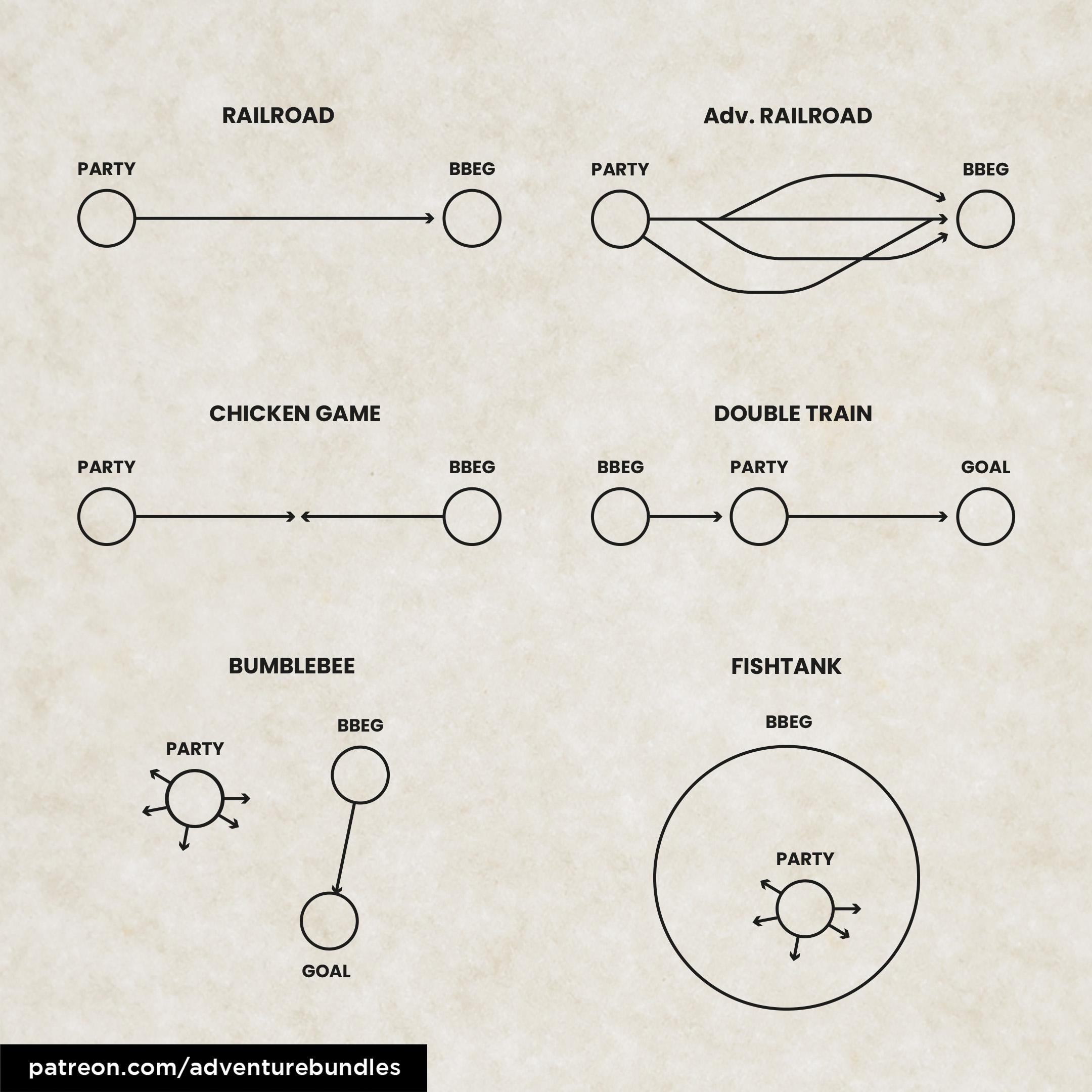
Trying Something Bigger: The World-Saving Epic
After a while, I got the itch to run something grander. I decided to try my hand at a big, sprawling epic quest. You know the type: an ancient evil returning, prophecies, needing to gather legendary artifacts from across the land. I spent ages prepping this thing. Drawing maps, writing up lore, creating this massive villain. It was a ton of work, trying to keep all the moving parts straight. The players seemed to enjoy the high stakes, feeling like real heroes destined to save the world. But man, keeping that momentum going for months, even years? That was a challenge.
Playing Politics: The Intrigue Game
Then I joined a game run by a friend that was totally different. Very little combat. It was all set in a big city, focused on noble houses, guilds, spies, and secrets. We spent sessions just talking to people, gathering rumors, trying to figure out who was backstabbing whom. It was a political intrigue campaign. Suddenly, Charisma wasn’t just for haggling prices; it was vital for survival. Intelligence and Wisdom helped piece together the plots. It was slow-burn, tense stuff. Made me realize D&D wasn’t just about fighting monsters.
Letting Go: The Wide-Open Sandbox
Inspired by player freedom, I tried running a sandbox campaign next. I created a region, filled it with towns, points of interest, potential plot hooks, and basically told the players, “Okay, where do you want to go? What do you want to do?” The idea was they’d drive the story completely. It sounded easier than planning a linear plot. Wrong. It was tough! They’d wander off in directions I hadn’t prepared for at all. Had to improvise constantly. Some sessions were amazing, pure emergent storytelling. Others felt a bit aimless because the players weren’t sure what to grab onto. It really depends on the group.
Playing Detective: The Mystery Angle
I also experimented with shorter campaigns or adventures built around a central mystery. Who murdered the duke? What’s causing the strange magical plague? Where did the ancient relic disappear to? These require careful planning. You need clues, red herrings, suspects. The trick is making the clues discoverable but not too obvious. It’s a balancing act. Get it right, and players feel super smart for solving it. Get it wrong, and they just get frustrated.
Making it Personal: Character-Focused Stories
Lately, what I enjoy most, both playing and running, are games that really dig into the character-driven stuff. We spend time on backstories during character creation. Then, as the DM, I try to weave those elements – old rivals, lost family, personal goals – directly into the main plot. The big world-threatening danger is still there, maybe, but it gets tangled up with the characters’ personal stakes. It makes their choices feel more meaningful. It’s more work to personalize the plot like that, but seeing a player’s reaction when their character’s history suddenly becomes relevant? That’s the good stuff. It feels less like just playing a character and more like playing your character.
So yeah, over the years, just by playing and running games, I sort of stumbled through all these different styles. Found out there’s no single ‘right’ way. Dungeon crawls, epic quests, political games, sandboxes, mysteries, personal stories… they all offer something different. You just figure out what kind of game you and your friends are in the mood for.

